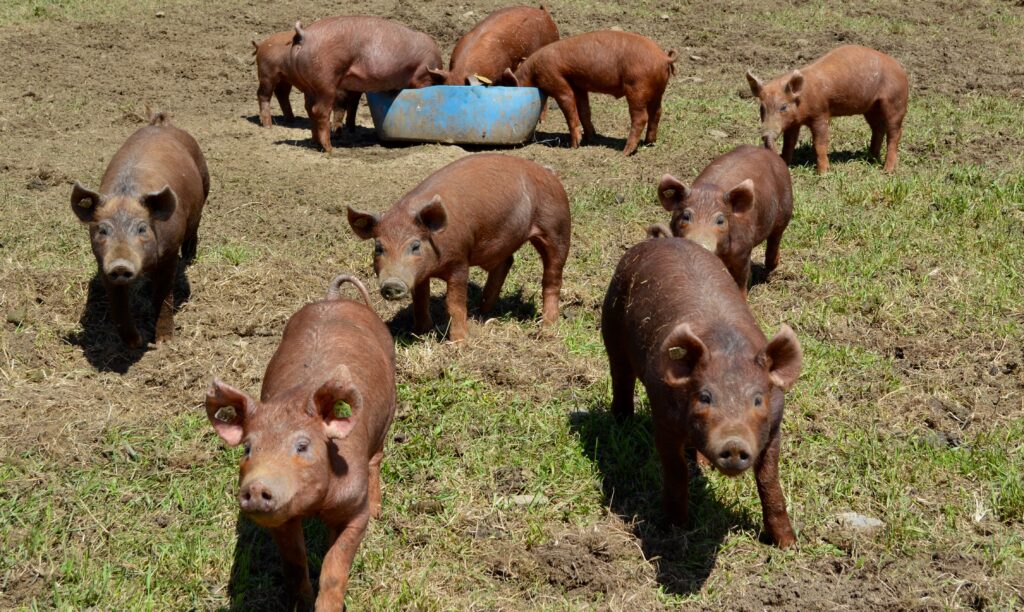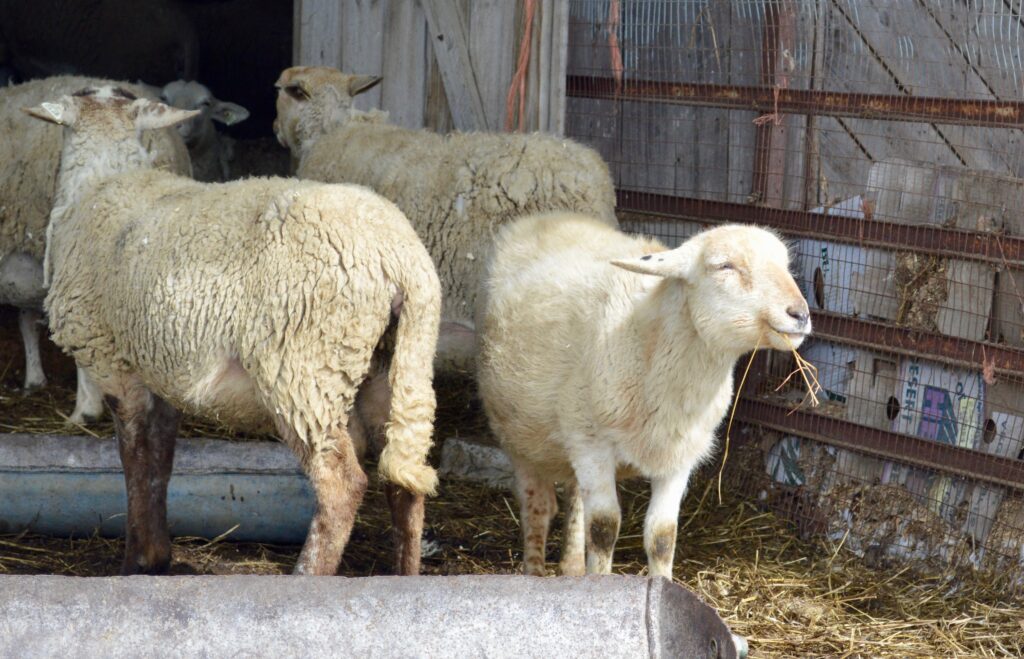Organic Sheep and Goat
A well-made lane guides sheep to pasture at Susan Littlefield’s Yknot Farm in Belmont, Maine, which is transitioning to organic. Photo by Diane Schivera. By Diane Schivera, M.A.T. Raising sheep and goats organically can be a challenge, so many farmers who support organic principles have not transitioned their animals to certified organic. Presently MOFGA Certification



